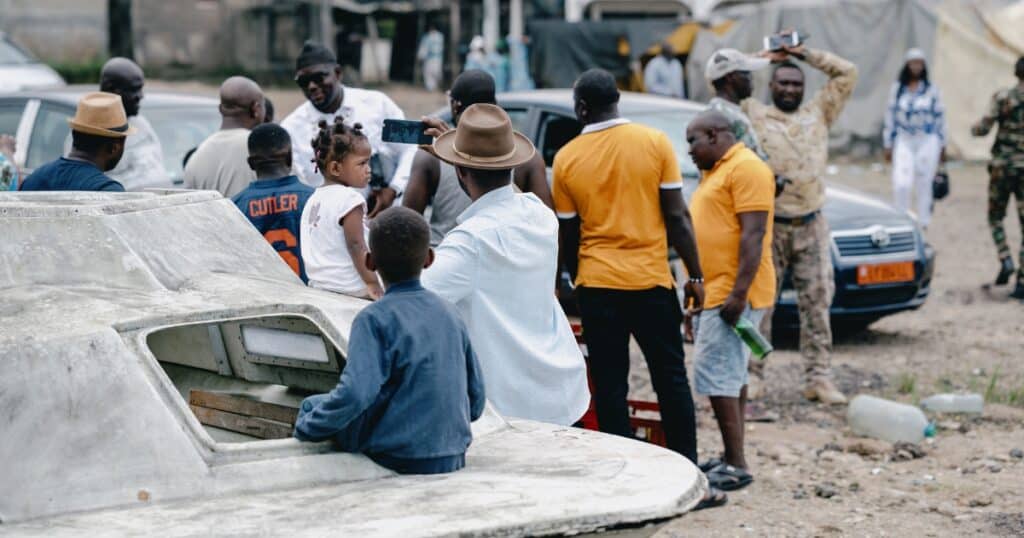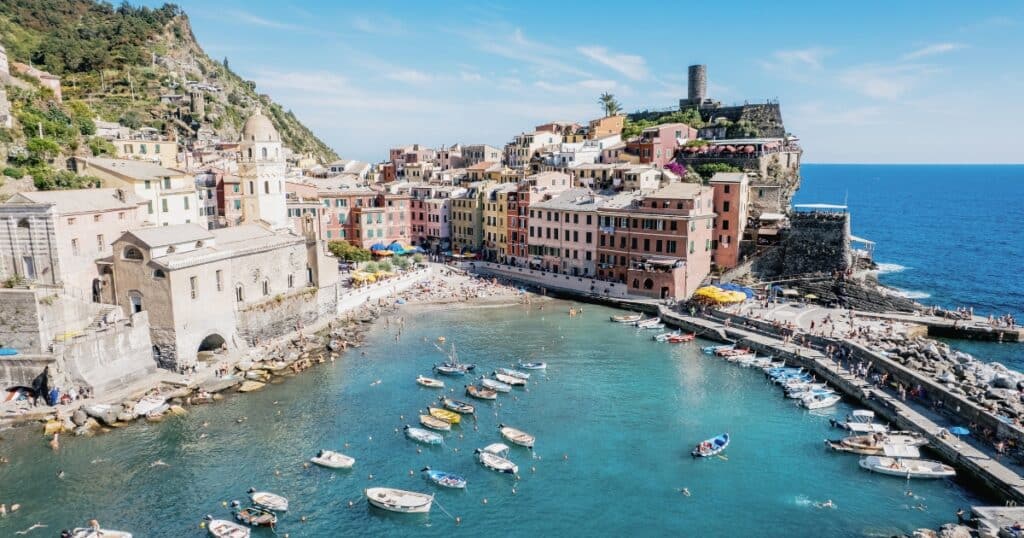Rhythms on the Wouri: A day at the Ngondo festival
Witnessing the vibrant Ngondo festival in Douala was incredible! The pirogue race on the Wouri river was a breathtaking spectacle.
The Ngondo is far more than a public celebration; it is a spiritual communion for the coastal communities of Cameroon. It is a moment when the Sawa people gather on the banks of the Wouri to honour their ancestors and reaffirm their covenant with the Miengu, the water spirits believed to protect them. The festival culminates in a series of rituals, the most famous being a pirogue race, a powerful display of cultural pride, unity, and physical prowess. For the Sawa, the river is life, and the Ngondo is its most vital pulse.
My friend’s invitation granted us a perspective few get to see: the ceremonies from the water itself, a vantage point traditionally held for chiefs and dignitaries. It felt like being welcomed into a private, living history. The air in Douala was already warm at sunrise, but on this Sunday, it was charged with an energy that had little to do with the heat.
At a quarter past ten, I met the others. A shared, nervous excitement passed between us without words. By ten-thirty, we were boarding our boat. The hull slid into the Wouri, and the sounds of the city gave way to the steady lapping of water. We were officially afloat, adrift in the arena.
At half past eleven, the race began not with a signal, but with an eruption. Four long pirogues, brilliant with color, surged forward. Each was powered by forty men, their paddles slicing the brown water in perfect, muscular unison. They weren’t just rowing; they were performing a ritual of strength, their movements a seamless harmony of human will and water.
From our boat, the scene was a controlled chaos of sound and motion. The air thrummed with the shouts of competing crews, the frantic beat of encouragement drums, and the roar of spectators from a hundred other boats bobbing alongside us. The Wouri was no longer just a river; it was a stadium, alive and electric. For two hours, we were suspended in this spectacle, close enough to see the strain on the rowers’ faces and the spray kicked up by their oars.
It was here, on the water, that the old stories felt most present. You could almost understand the deep belief in the Miengu, the water spirits said to inhabit the depths below. The race felt less like a sport and more like an offering to the river itself.
As our boat turned back toward the shore, the intensity on the water slowly subsided, replaced by a deep sense of gratitude. The sounds of the festival carried on, but the sacred intimacy of the race was over. The lasting memory isn’t one of chaos, but of rhythm—the steady, powerful beat of oars on water, and of a community celebrating its soul.

The family selfie waiting for the Ngondo festival

Vernazza, Jewel on the Cinque Terre coastline

